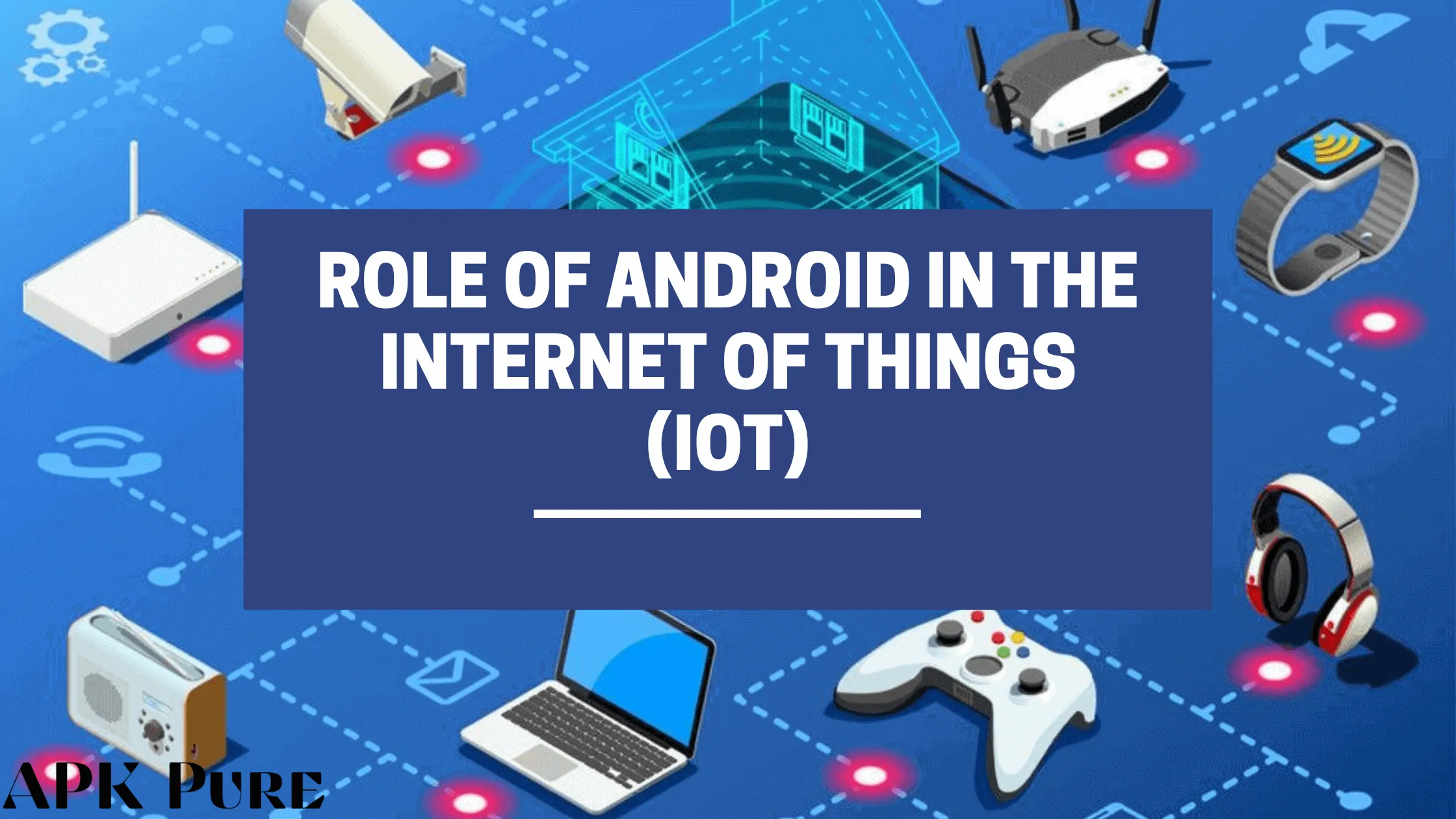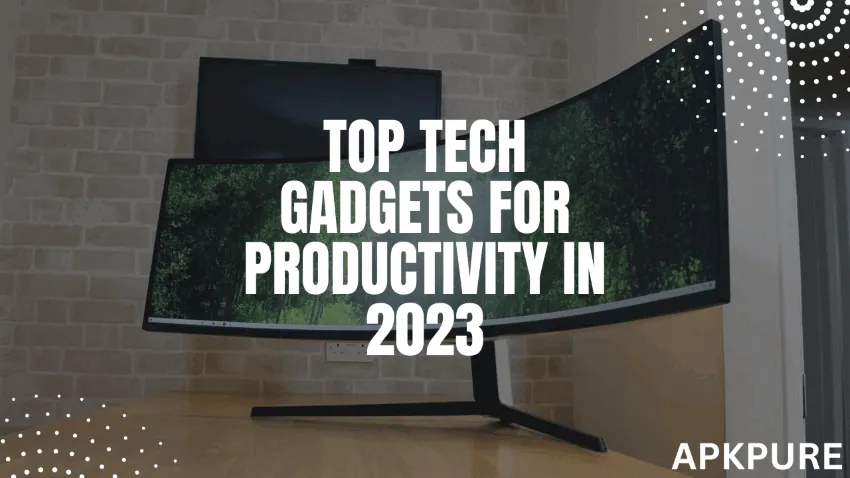The Internet of Things (IoT) is a network of physical devices, vehicles, buildings, and other items embedded with electronics, software, sensors, and connectivity which enables these objects to connect and exchange data. The IoT is set to revolutionize how we live, work, and interact with our surroundings. It is expected to bring about significant changes in various industries, including healthcare, transportation, manufacturing, and more.
One of the essential players in the IoT ecosystem is Android. As the world’s most popular mobile operating system, Android plays a significant role in the IoT. In this article, we will discuss the role of Android in the IoT, including its applications, advantages, and challenges.
Uses of Android in IoT
Smart Home Automation
One of the most popular applications of the IoT is smart home automation. With the help of Android, homeowners can control various aspects of their home, such as lighting, temperature, security, and more, using their smartphones or tablets. This allows for greater convenience and energy efficiency.
Wearable Devices
Android also plays a significant role in the development of wearable devices, such as smartwatches and fitness trackers. These devices can collect and send data to smartphones or other devices for analysis and storage.
Industrial Automation
Android is also being used in industrial automation, where it is used to control and monitor industrial processes and equipment. This allows for greater efficiency, productivity, and cost savings.
Healthcare
In healthcare, Android is also used to develop medical devices and applications. These devices can collect and transmit vital signs and other medical data to healthcare professionals for analysis and treatment.
Advantages of Android for Use in IoT
Open-source
One of the biggest advantages of Android in the IoT is that it is an open-source platform. This means that developers have access to the source code and can modify and customize it to suit their needs.
Widely Used
Android is the most widely used mobile operating system in the world. This means that there are a large number of devices available that run on Android, making it easy for developers to create IoT applications.
Large Developer Community
Because of its popularity, there is a large community of developers working with Android. This means that there is a wealth of knowledge and resources available for developers to utilize.
Cost-effective
Because Android is open-source and widely available, it is a cost-effective solution for IoT development. This makes it accessible to a wide range of developers and companies.
Challenges of Android in IoT
Security
One of the biggest challenges facing Android in the IoT is security. IoT devices are often connected to the internet, which makes them vulnerable to hacking and other security threats.
Fragmentation
Another challenge facing Android in the IoT is fragmentation. Because Android is open-source, there are many different versions of the operating system in use, which can make it difficult for developers to ensure compatibility.
Limited Processing Power
IoT devices often have limited processing power, which can make it difficult for them to run complex Android applications.
Conclusion
The Internet of Things (IoT) is set to revolutionize how we live, work, and interact with our surroundings. Android, the world’s most popular mobile operating system, plays a significant role in the IoT ecosystem. Its open-source nature, wide availability, large developer community, and cost-effectiveness make it a popular choice for IoT development.










